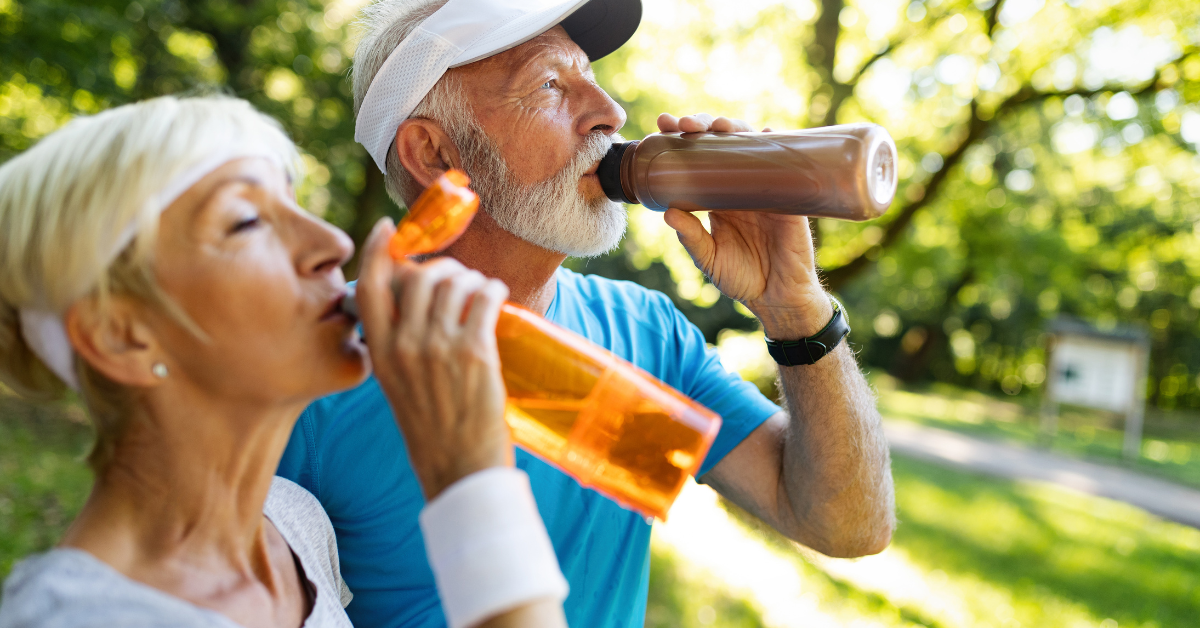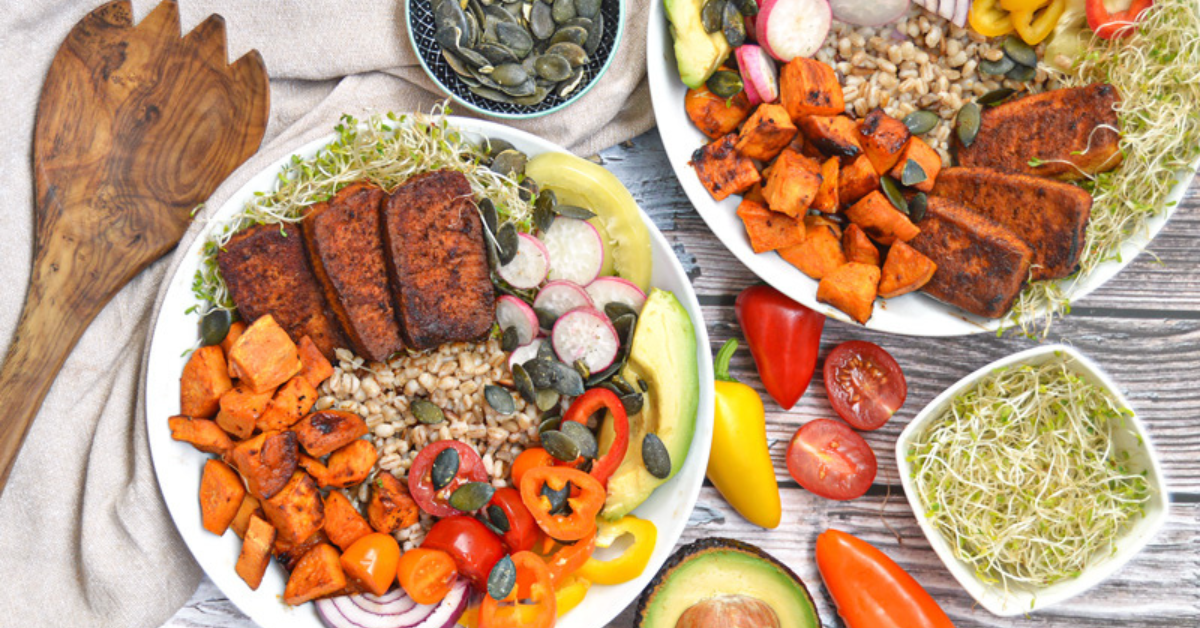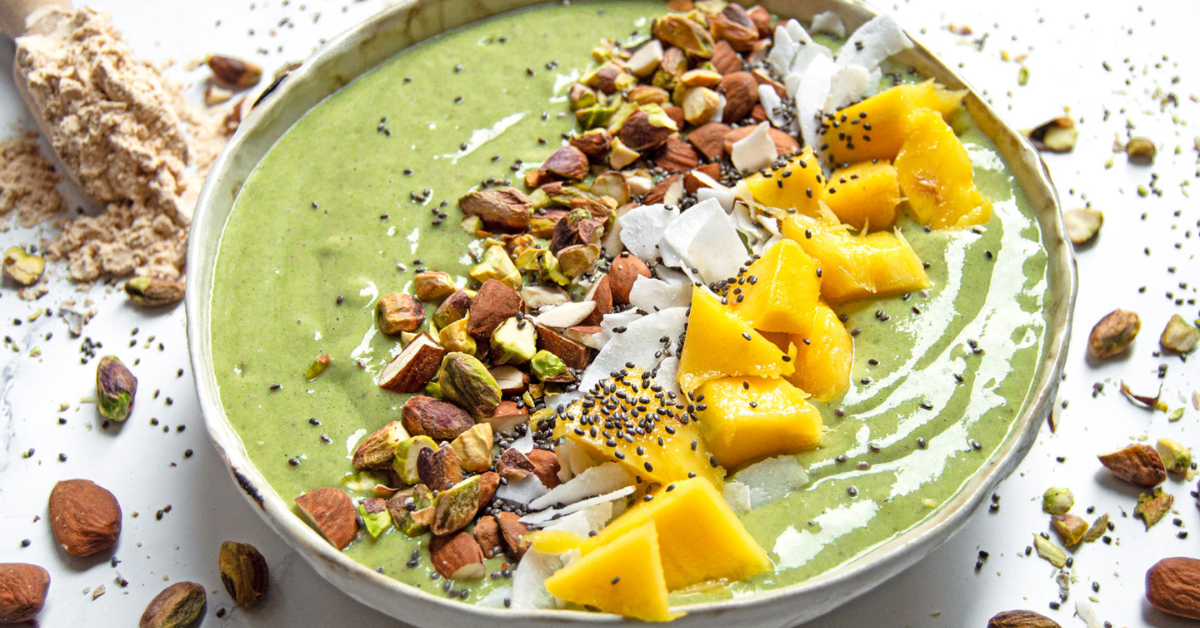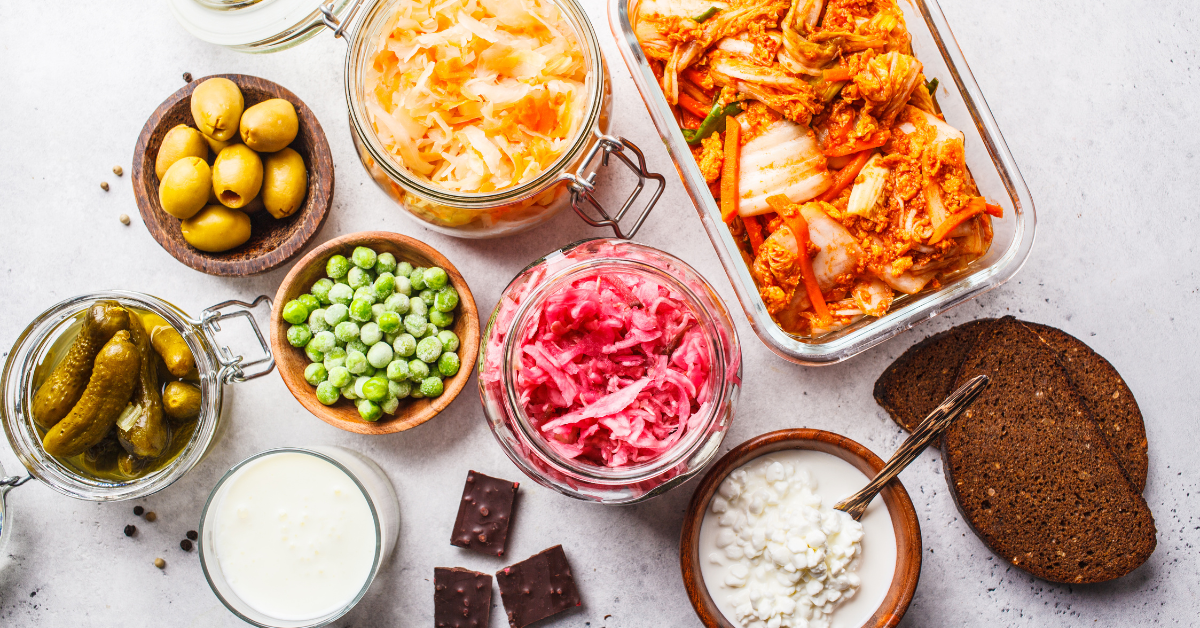Maintaining a Healthy Gut During the Summer Holidays
The summer holidays are a time for relaxation, adventure, and often indulgence. However, amidst the barbecues, beach trips, and travel, it’s easy to overlook gut health. Maintaining a healthy gut is crucial as it plays a vital role in digestion, immunity, and overall well-being. Here are some effective strategies to keep your gut healthy during the summer months.

Hydration is essential for a healthy gut. Water is your body’s principal chemical component and makes up about 50% to 70% of your body weight. Your body depends on water to survive. Water aids in digestion by helping to break down food and absorb nutrients. It also helps to maintain the mucosal lining of the intestines, which is critical for gut health. During the summer, increased temperatures and outdoor activities can lead to dehydration, so it’s important to drink plenty of water. Adding hydrating foods like watermelon, cucumber, and oranges to your diet can also help maintain hydration levels . Don’t forget to take your refillable water containers when you are out on excursions! Many holiday destinations will have drinking water fountains available to you.
Summer provides an abundance of fresh fruits and vegetables that are rich in fibre, vitamins, and antioxidants. Fibre is particularly important as it promotes regular bowel movements and supports the growth of beneficial gut bacteria . Incorporate a variety of colourful fruits and vegetables such as berries, leafy greens, and tomatoes into your meals. Additionally, whole grains, nuts, and seeds are excellent sources of fibre.
It can be super tempting to overindulge at all you can eat holiday buffets. Get into the habit of loading your plate with fresh veggies and healthy proteins and grains to keep you feeling fuller for longer.
3. Limit Processed Foods and Sugars
While it’s tempting to indulge in ice creams, sodas, and other sugary treats during summer, it’s best to consume them in moderation. High intake of processed foods and sugars can disrupt the balance of gut bacteria, leading to issues like bloating and inflammation . Instead, opt for natural snacks like fresh fruit, yoghurt, or homemade smoothies to satisfy your sweet tooth.
4. Include Probiotics and Prebiotics
Probiotics are beneficial bacteria that support gut health. Foods like yoghurt, kefir, sauerkraut, kimchi, and kombucha are rich in probiotics. Including these in your diet can help maintain a healthy gut microbiome . Prebiotics, on the other hand, are non-digestible fibres that feed these beneficial bacteria. Foods high in prebiotics include garlic, onions, leeks, asparagus, and bananas .
The summer holidays can sometimes be stressful due to travel plans and social obligations. Stress can negatively impact gut health by altering gut bacteria and increasing inflammation . Practices like yoga, meditation, deep breathing exercises, and spending time in nature can help manage stress levels and promote a healthy gut.
Regular physical activity is beneficial for overall health, including gut health. Exercise promotes regular bowel movements and reduces stress . Aim for at least 30 minutes of moderate exercise most days of the week. Activities like swimming, cycling, hiking, or even a brisk walk can be enjoyable ways to stay active during the summer.
Quality sleep is essential for a healthy gut. Poor sleep can disrupt the balance of gut bacteria and impair digestion. Aim for 7-9 hours of sleep per night . Establishing a regular sleep routine and creating a restful sleep environment can help improve sleep quality.
Maintaining a healthy gut during the summer holidays requires a mindful approach to diet, hydration, and lifestyle choices. By staying hydrated, eating a balanced diet rich in fibre, limiting processed foods, incorporating probiotics and prebiotics, managing stress, exercising regularly, and getting adequate sleep, you can support your gut health and enjoy a vibrant, energetic summer.
References
- Mayo Clinic. (2021). Water: How much should you drink every day?
- Harvard T.H. Chan School of Public Health. (2020). The Nutrition Source: Fibre.
- National Institute of Diabetes and Digestive and Kidney Diseases. (2017). Eating, Diet, & Nutrition for Bloating, Constipation, and Flatulence.
- Cleveland Clinic. (2020). Probiotics: What is it, Benefits, Side Effects, Food & Types.
- Healthline. (2020). 19 Best Prebiotic Foods You Should Eat.
- American Psychological Association. (2013). Stress effects on the body.
- Centers for Disease Control and Prevention. (2021). Physical Activity Basics.
- National Sleep Foundation. (2020). How Much Sleep Do We Really Need?








